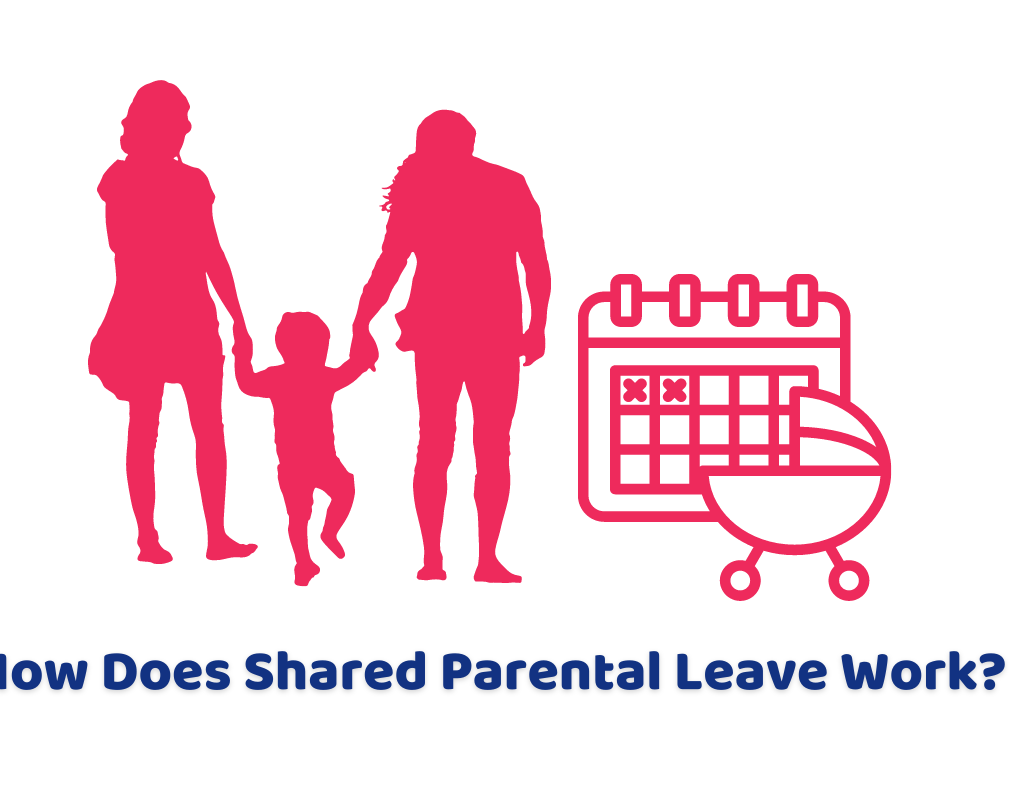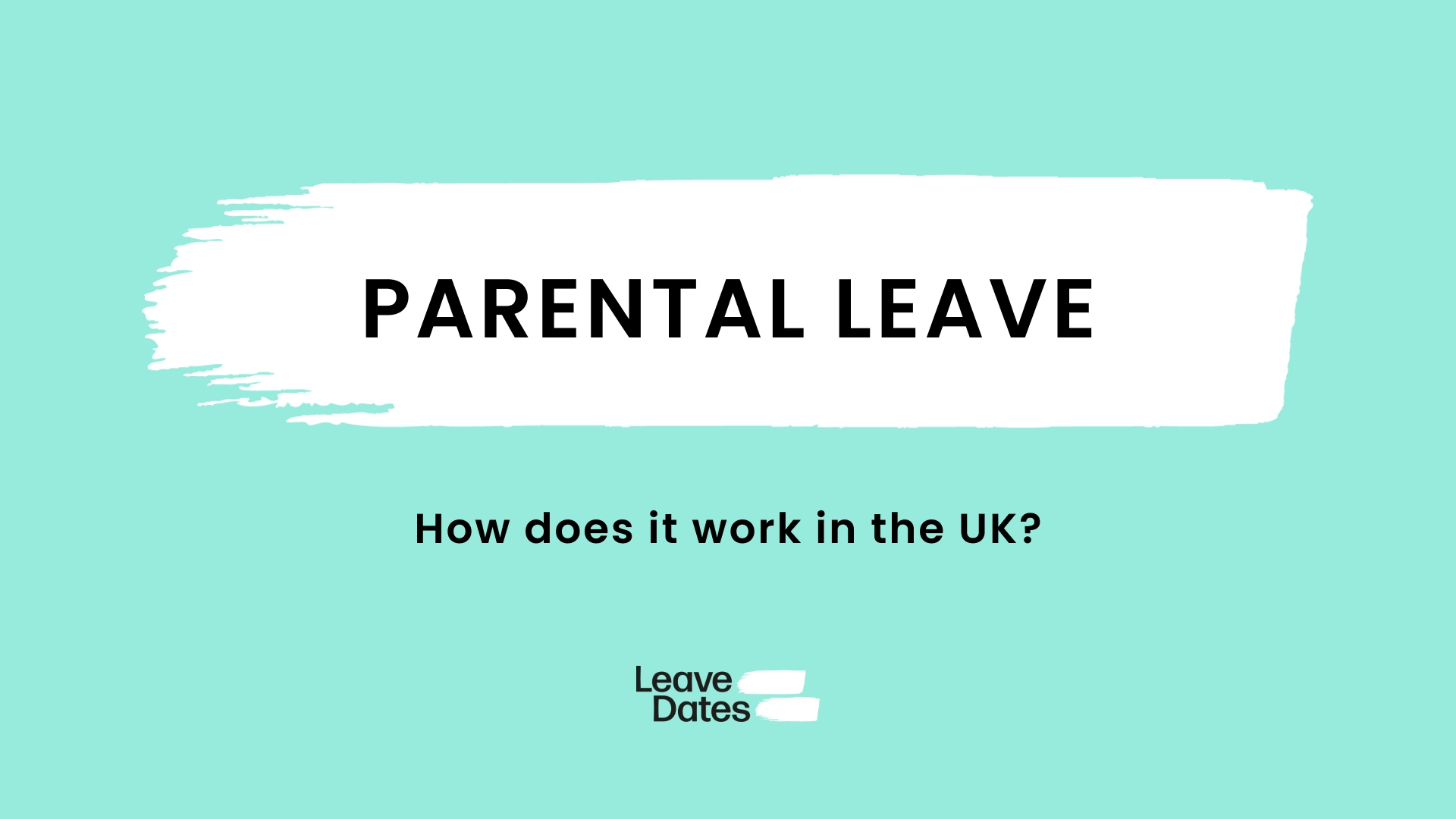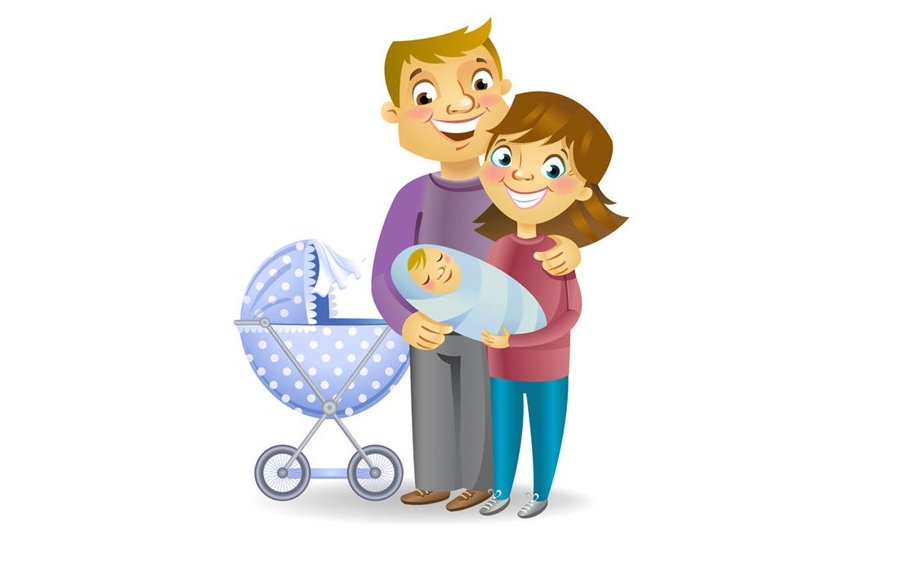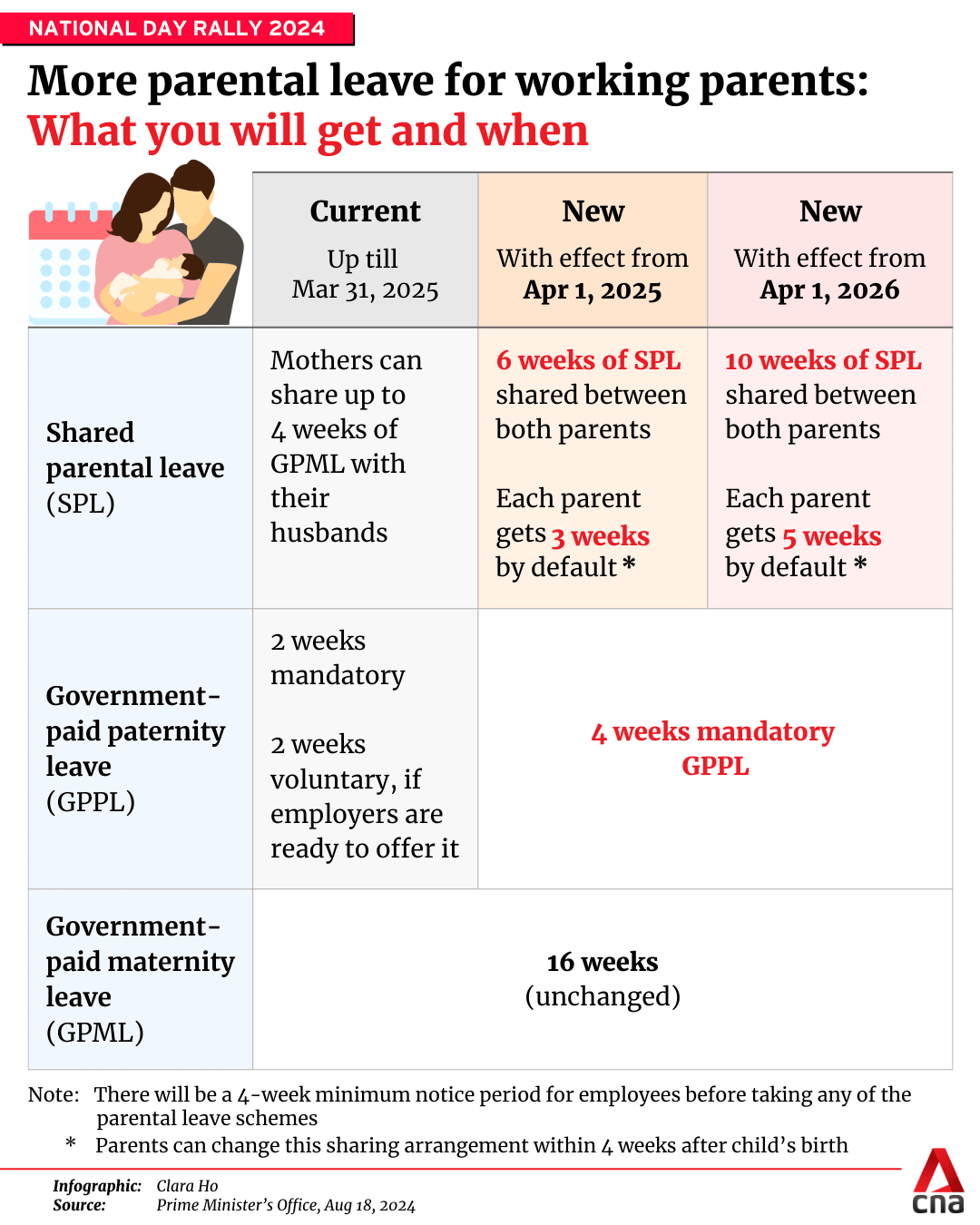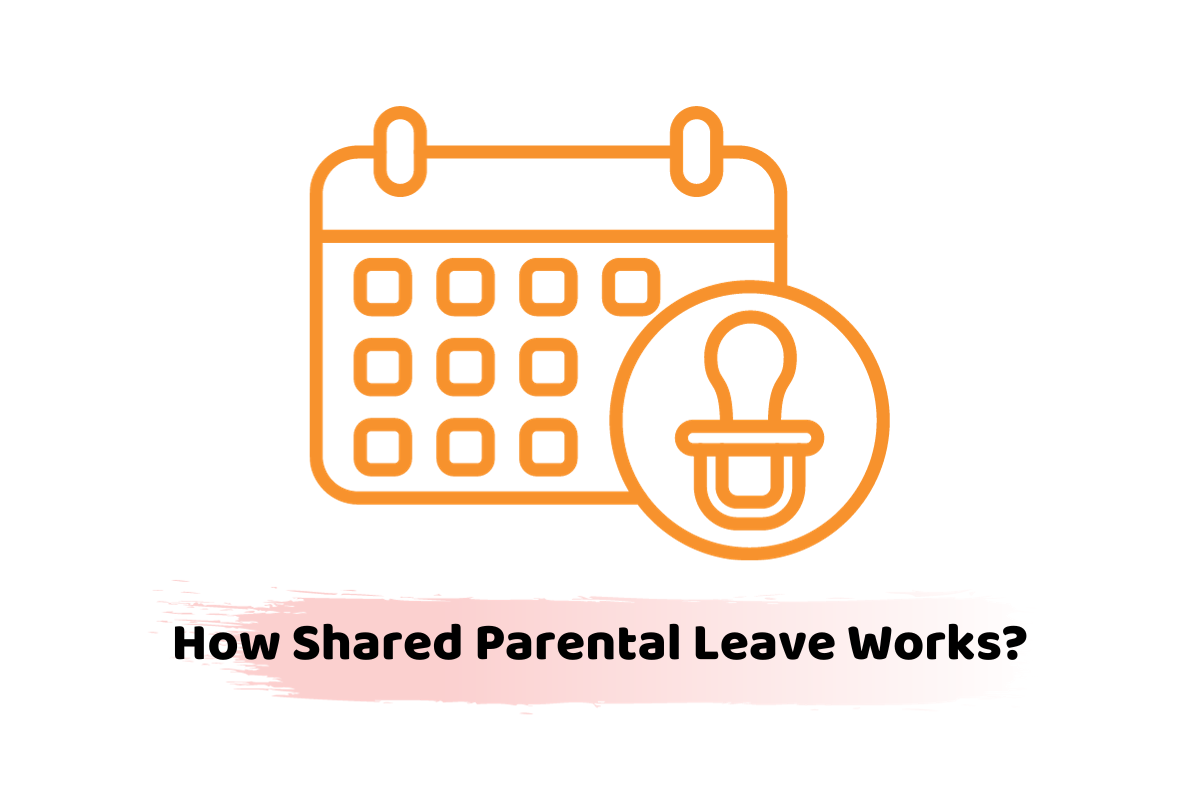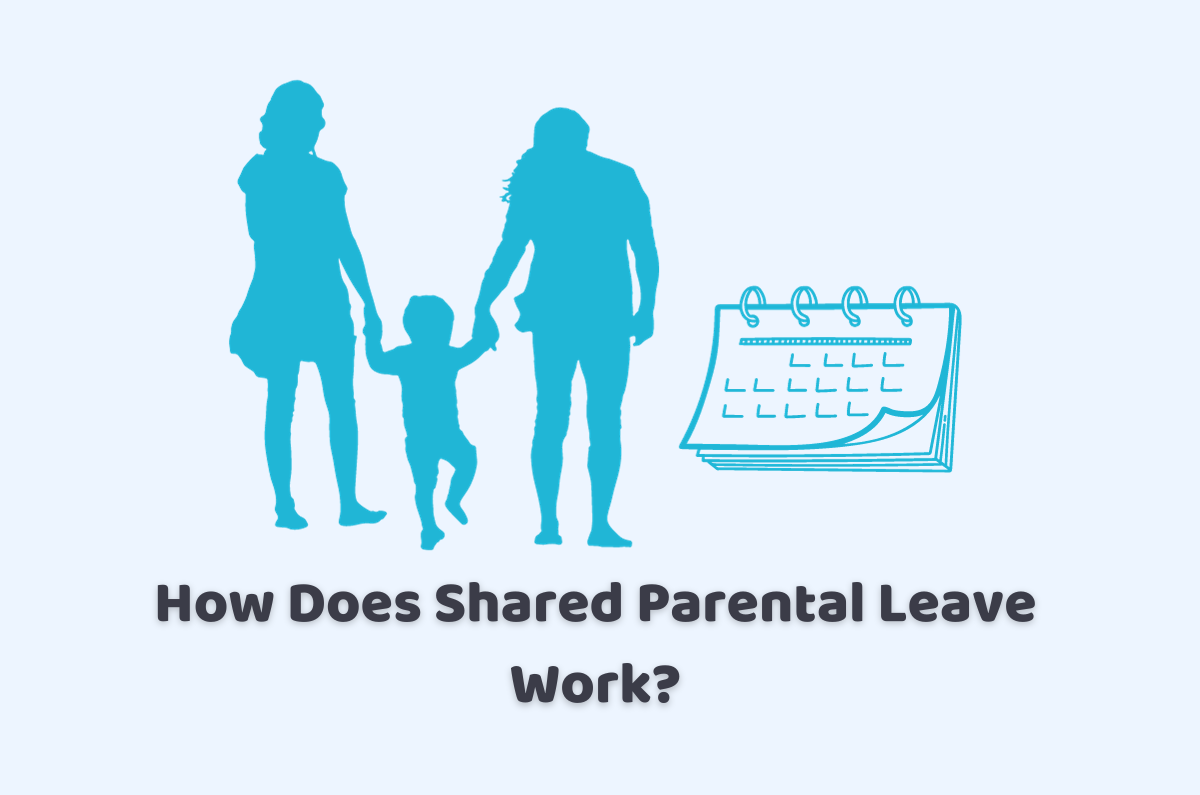How Does Shared Parental Leave Work - Shared parental leave allows parents more flexibility in how they care for their child in the year after its. Learn how shared parental leave works for eligible parents who want to share responsibility for their child in the first year after birth, adoption or. Learn how to share up to 50 weeks of leave and 37 weeks of pay with your partner after having a baby or adopting a child. How does shared parental leave work? You can start shared parental leave (spl) and statutory shared parental pay (shpp) if you're eligible and you or your partner ends your.
How does shared parental leave work? Learn how shared parental leave works for eligible parents who want to share responsibility for their child in the first year after birth, adoption or. You can start shared parental leave (spl) and statutory shared parental pay (shpp) if you're eligible and you or your partner ends your. Learn how to share up to 50 weeks of leave and 37 weeks of pay with your partner after having a baby or adopting a child. Shared parental leave allows parents more flexibility in how they care for their child in the year after its.
Shared parental leave allows parents more flexibility in how they care for their child in the year after its. You can start shared parental leave (spl) and statutory shared parental pay (shpp) if you're eligible and you or your partner ends your. Learn how shared parental leave works for eligible parents who want to share responsibility for their child in the first year after birth, adoption or. How does shared parental leave work? Learn how to share up to 50 weeks of leave and 37 weeks of pay with your partner after having a baby or adopting a child.
How Does Shared Parental Leave Work? Ultimate Guide Accounting Firms
You can start shared parental leave (spl) and statutory shared parental pay (shpp) if you're eligible and you or your partner ends your. Learn how to share up to 50 weeks of leave and 37 weeks of pay with your partner after having a baby or adopting a child. Shared parental leave allows parents more flexibility in how they care.
NDR 2024 How Does The Shared Parental Leave Actually Work?
Learn how to share up to 50 weeks of leave and 37 weeks of pay with your partner after having a baby or adopting a child. Learn how shared parental leave works for eligible parents who want to share responsibility for their child in the first year after birth, adoption or. How does shared parental leave work? You can start.
ACAS SharedParentalLeaveinfographic800 GoHR
Shared parental leave allows parents more flexibility in how they care for their child in the year after its. Learn how to share up to 50 weeks of leave and 37 weeks of pay with your partner after having a baby or adopting a child. You can start shared parental leave (spl) and statutory shared parental pay (shpp) if you're.
Your Guide to Shared Parental Leave in the UK
You can start shared parental leave (spl) and statutory shared parental pay (shpp) if you're eligible and you or your partner ends your. How does shared parental leave work? Learn how to share up to 50 weeks of leave and 37 weeks of pay with your partner after having a baby or adopting a child. Learn how shared parental leave.
How does Shared Parental Leave work?
Shared parental leave allows parents more flexibility in how they care for their child in the year after its. You can start shared parental leave (spl) and statutory shared parental pay (shpp) if you're eligible and you or your partner ends your. Learn how to share up to 50 weeks of leave and 37 weeks of pay with your partner.
NDR 2024 How Does The Shared Parental Leave Actually Work?
Shared parental leave allows parents more flexibility in how they care for their child in the year after its. You can start shared parental leave (spl) and statutory shared parental pay (shpp) if you're eligible and you or your partner ends your. Learn how shared parental leave works for eligible parents who want to share responsibility for their child in.
How to make Shared Parental Leave work for your family Talented
How does shared parental leave work? Learn how shared parental leave works for eligible parents who want to share responsibility for their child in the first year after birth, adoption or. Shared parental leave allows parents more flexibility in how they care for their child in the year after its. You can start shared parental leave (spl) and statutory shared.
FAQ What you need to know about Singapore’s new shared parental leave
How does shared parental leave work? Learn how shared parental leave works for eligible parents who want to share responsibility for their child in the first year after birth, adoption or. Learn how to share up to 50 weeks of leave and 37 weeks of pay with your partner after having a baby or adopting a child. Shared parental leave.
How Shared Parental Leave Works in the UK? Accotax
Shared parental leave allows parents more flexibility in how they care for their child in the year after its. You can start shared parental leave (spl) and statutory shared parental pay (shpp) if you're eligible and you or your partner ends your. How does shared parental leave work? Learn how to share up to 50 weeks of leave and 37.
How Does Shared Parental Leave Work? CruseBurke
Learn how shared parental leave works for eligible parents who want to share responsibility for their child in the first year after birth, adoption or. Learn how to share up to 50 weeks of leave and 37 weeks of pay with your partner after having a baby or adopting a child. Shared parental leave allows parents more flexibility in how.
Learn How Shared Parental Leave Works For Eligible Parents Who Want To Share Responsibility For Their Child In The First Year After Birth, Adoption Or.
How does shared parental leave work? You can start shared parental leave (spl) and statutory shared parental pay (shpp) if you're eligible and you or your partner ends your. Learn how to share up to 50 weeks of leave and 37 weeks of pay with your partner after having a baby or adopting a child. Shared parental leave allows parents more flexibility in how they care for their child in the year after its.
